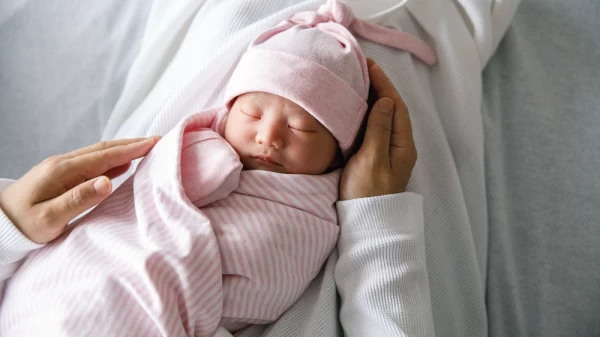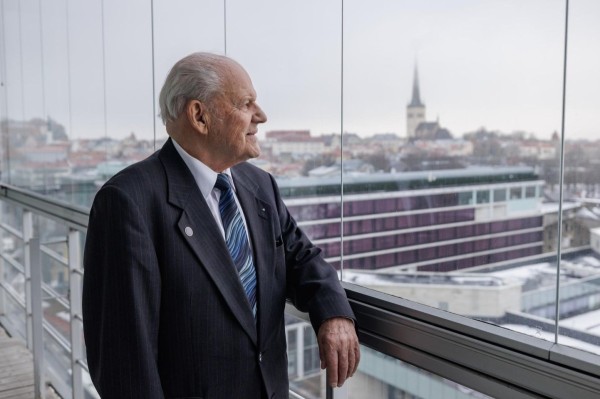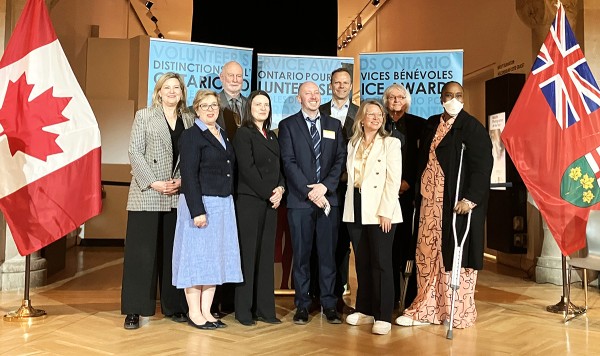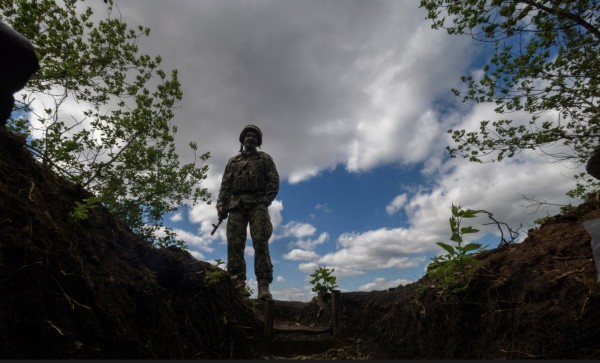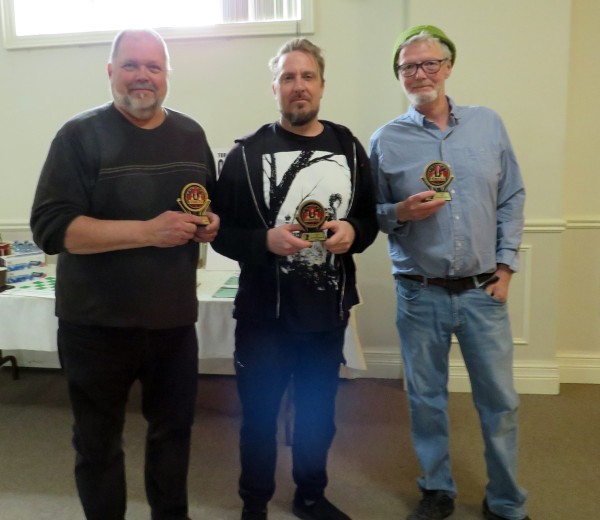2014 is my year of song! I have been to Stockholm and the new ABBA museum, to the opera in Riga and my ears are still ringing from our own Laulupidu.
ABBA (an acronym taken from Agnetha, Benny, Björn and Anni-Frid) is one of the most successful acts in the history of pop. They stepped onto the world stage in 1974 after winning the Eurovision Song Contest with Waterloo (chosen in 2005 as the best Eurovision song of all). They enjoyed unprecedented popularity for an act from outside the English-speaking world as they unleashed a torrent of Benny and Björn melody tottering around in platform shoes and clad in lycra, nylon, sequins and rhinestones. “The key to Abba is their understated Swedish-ness,” explains biographer Carl Palm, “it’s the importance to their music of Swedish folk songs and of a popular sound called Schlager (German: hit).” It doesn’t have the “cool” requisites of rhythm and blues or soul influences says Palm “but Abba grew up loving Schlager.” Anni-Frid has often said that her love for music came from listening to her family singing old Norwegian songs.
ABBA took this folksy base and added the sounds of the Beach Boys, Beatles and Phil Spector’s “Wall of Sound” (created by large ensembles with individual instruments doubling and tripling for a fuller, richer sound) and millions loved the result. “There’s a melancholy Nordic streak even in Abba’s happiest songs,” says Palm. How true! I have to confess that I was a snob about ABBA when they were at their most successful but, thankfully, I grew out of that (mostly because I liked to dance to good tunes and can’t resist a good singer) and songs such as The winner takes it all (an example of a “melancholy Nordic streak” if ever there was one!) now rank among my favourites.
The ABBA museum in Stockholm (opened 2013) is a must for fans. “Walk in, dance out” is the motto” and you do! Not only can you see those glitzy costumes close up, marvel at all the awards, see Benny and Björn’s instruments and innovations in studio production, sing along in a karaoke booth and climb into the group’s celebrity helicopter but you can get up on stage and perform with a virtual ABBA! Nobody cares if you can’t sing a note.
The Riga Opera Festival takes place in the former German Theatre built, in imitation of the Bolshoi Theatre, Moscow, in 1863, by wealthy Baltic Germans. Latvian independence was declared there in 1918 and the newly formed Latvian National Opera went on to become the centre of Riga’s musical life where it has stayed ever since despite any “regime change.” During the last 20 years the Latvians have produced a veritable stream of internationally successful musicians including Elina Garanca who is (in my opinion) the world’s leading mezzo. Really, life is not fair. This woman has a voice like dark velvet, film star good looks, a sharp mind (I have always believed that a woman’s most important bodily organ is between her ears), fame, wealth and a happy marriage.
The Opera Festival was founded in 1998. This year I went to four operas, a mix of Mozart, Prokoviev, Rossini and Verdi. All a treat, with high production values, unbeatable singing and imaginative staging. Verdi’s Troubadour was set in the Latvian War of Independence, a time when acts of great cruelty took place - this fitted the scenario perfectly. Riga doesn’t have fat singers, likes glamour and always comes up with something witty for Mozart. This year’s The marriage of Figaro was no exception being produced as an exotic, erotic Latin American 1980’s soap opera in the style of Wild rose, Gypsy love and The right to love.
Then home for the singing season that took place among boxing matches between Pikker (Thunder) and Päike (Sun). Pikker rolled ominously around the sky throwing down lightening and rain almost until the Tartu singing ground pyramid flame was lit but Päike won that round. Then Pikker made a come back. I packed an umbrella and a raincoat for Tallinn but Päike was victorious!
This was my fourth All-Estonia Song Festival. I liked the Tallinn event this year. No long speeches, no electronic screens, no political “world’s five richest nations” hubris. Just sun, song, sea. Simple pleasures. I went with my family, two of whom (aged eight and 16) were in choirs, so I got to see the logistics of managing singing children without them being 1) crushed in the crowd, 2) hungry or 3) washed out into the Baltic Sea. So. Give a “Urra!” for mothers who iron the national costumes, make sandwiches and chaperone the little ones to a heaving folk-toilet, granny at home with the baby, dads who drop off little Juhan and Liisi at the singing grounds dodging bossy traffic controllers and who find parking spots in tiny places within walking distance of the stage and all the other unsung heroes …
Finally, Jelli would like to tell children a secret. The all-Estonia Animal Song Festival takes place while all humans are abed and while the flame burns at the Tallinn singing ground. All songs are sung in animal but in different dialects. There are scholarly cats from Tartumaa and fishing cats from Harjumaa. There are farm cows and pigs from Jõgevamaa and Viljandimaa. The Hounds of God (Domini canes, a pun on Dominicanes meaning “Dominican friars”) come from Tallinn Old Town and pet hamsters and tortoises (originally from foreign climes) from Mustamäe and Lasnamäe. Wolves from the ancient forests of the Virumaa-s are allowed in only if they promise not to eat anyone. Rabbits from Raplamaa and Põlvamaa thump out rhythm with their feet. There are baritone bears from Pärnumaa (wearing little linen caps) and alto goats from Võrumaa and Setomaa. The Läänemaa elks sing bass. Soprano seagulls come from Hiiumaa picking up mice from the windmills of Saaremaa on their way, and the animals of Valgamaa bring operatic greetings from neighbouring Latvia. All are gone before the humans return. “I don’t believe it,” I said but Jelli looked very mysterious and asked me who did I think wrote Meie kiisul kriimud silmad (Our kitty has a stripy face, a traditional Estonian song) … Head suve kõigile! Have a great summer everyone!
Bird Droppings from Estonia: Year of song
Arvamus
TRENDING






